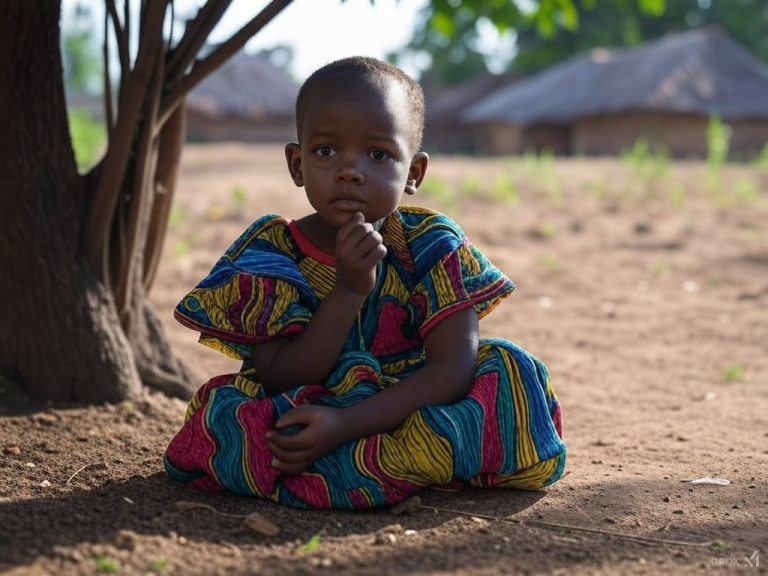From Idu Jude, Abuja
In commemoration of the International Day of Education, the Initiative for Research, Innovation, and Advocacy in Development (IRIAD) has once again drawn the Federal Government’s attention to the alarming statistics of out-of-school children.
In a press statement signed by the Director, Princess Hamman-Obels, over the weekend, the group reminded the government that approximately 18.3 million children remained out of school as of late 2024, making Nigeria the country with the highest number of out-of-school children globally.
The group further highlighted the chronic underfunding of education, with only 7.3% of the national budget allocated to education, far below UNESCO’s recommended 15–20%.
It noted that this underfunding is a key factor contributing to dilapidated infrastructure, overcrowded classrooms, and inadequate teaching resources. These issues, it indicated, are compounded by poor pupil-teacher ratios and a lack of basic amenities in schools.
Despite these challenges, IRIAD acknowledged recent progress made by some Nigerian states, such as Enugu, Jigawa, Kano, and Kaduna, which allocated over 26% of their budgets to education in 2025.
While commending these efforts, the organisation emphasised that more comprehensive reforms are needed to address systemic issues and achieve Sustainable Development Goal 4, ensuring inclusive and equitable quality education for all.
The group urged the government to increase budgetary allocations for education and prioritise investments in infrastructure and teacher training. It also encouraged teachers to adopt innovative methods that integrate technology responsibly while fostering critical thinking.
Meanwhile, it urged the Federal Government and the Ministry of Education to support human efforts in education in a world of automation.
IRIAD highlighted the critical role artificial intelligence (AI) can play in revolutionising education through tools such as adaptive learning systems that personalise instruction and automated grading systems that reduce teachers’ administrative workload.
These innovations, it noted, would allow teachers to focus on fostering creativity and critical thinking among students. However, IRIAD stressed that such advancements must be implemented equitably to ensure that marginalised groups, such as girls and children with disabilities, are not left behind.
